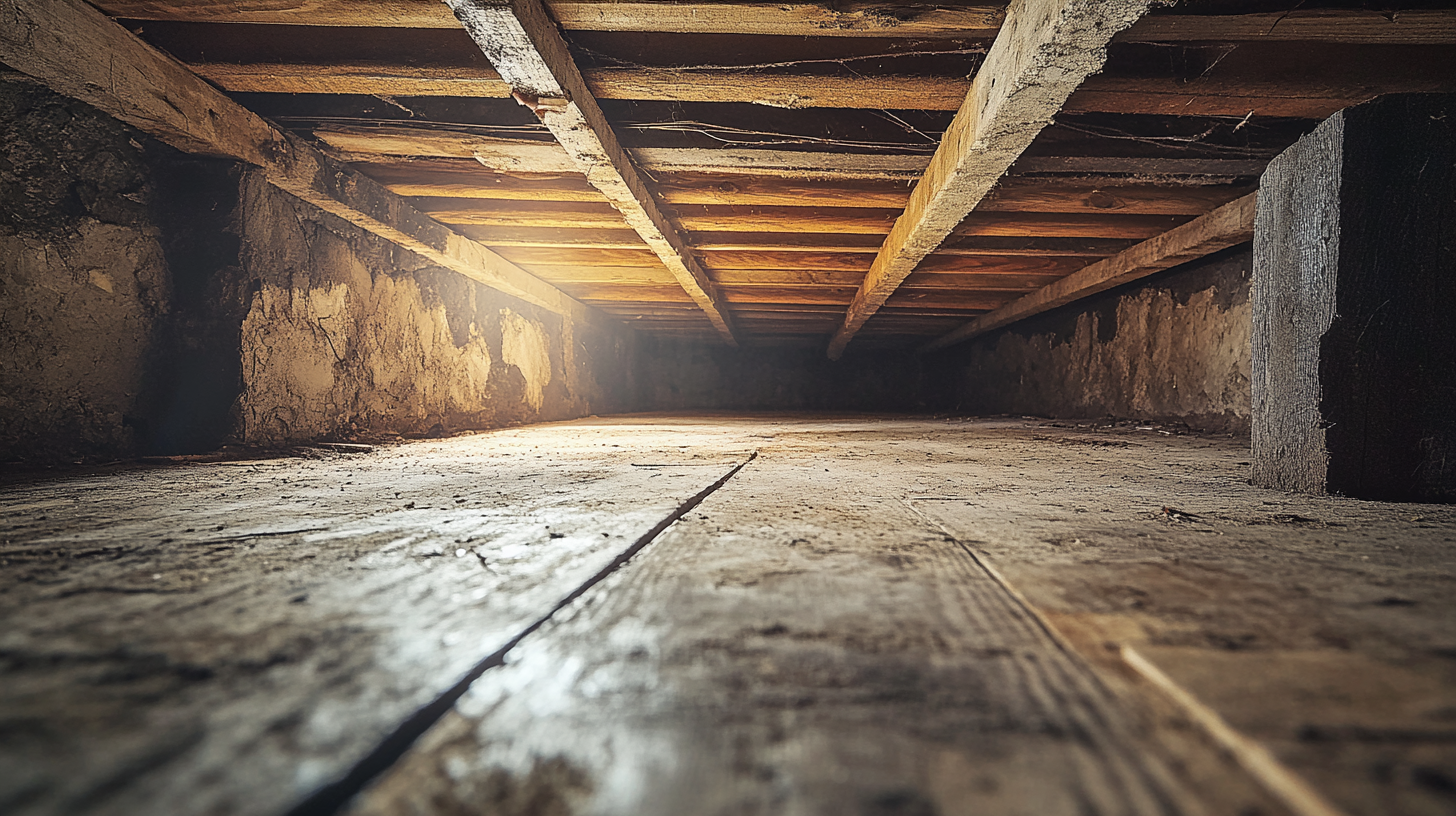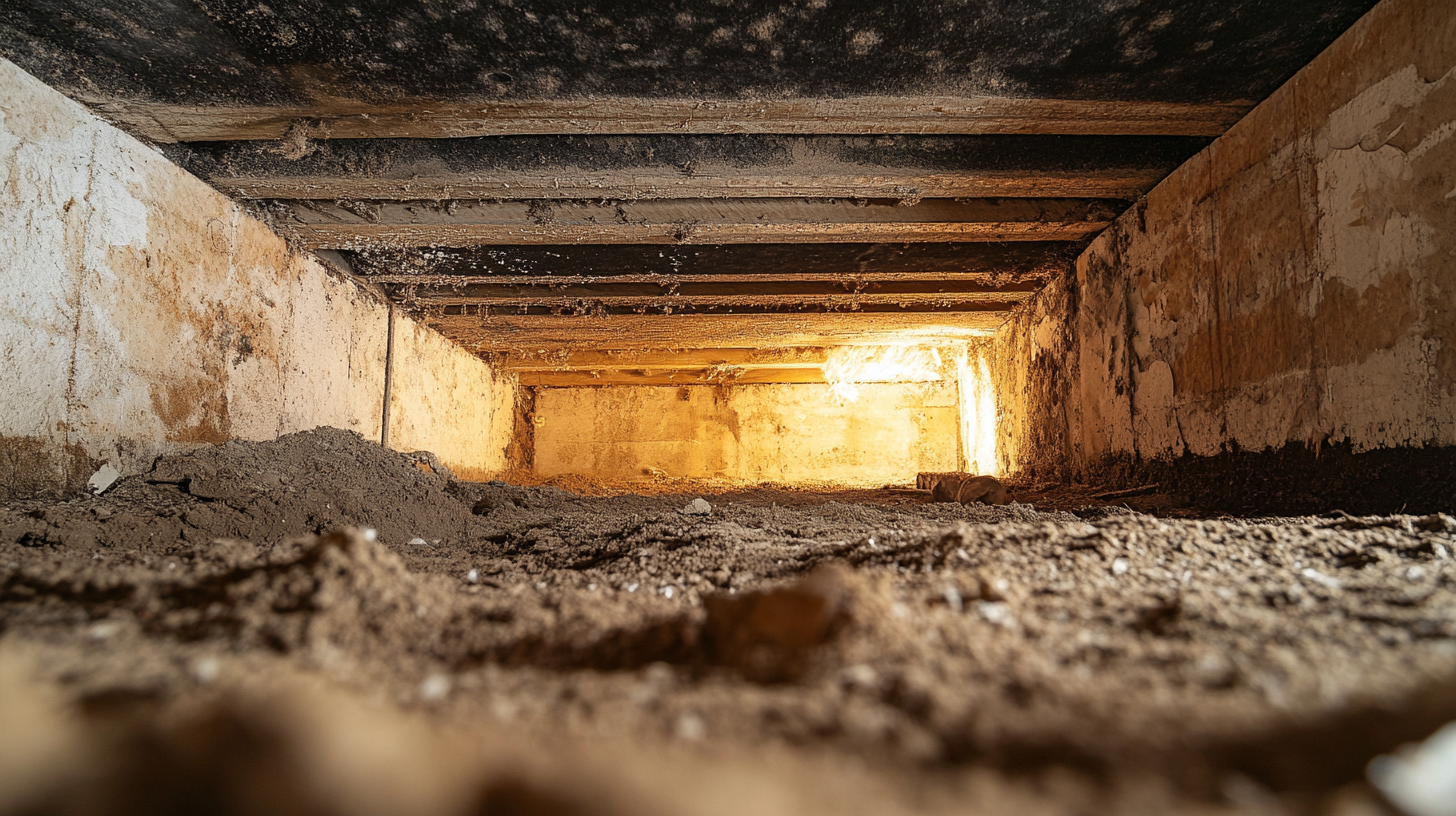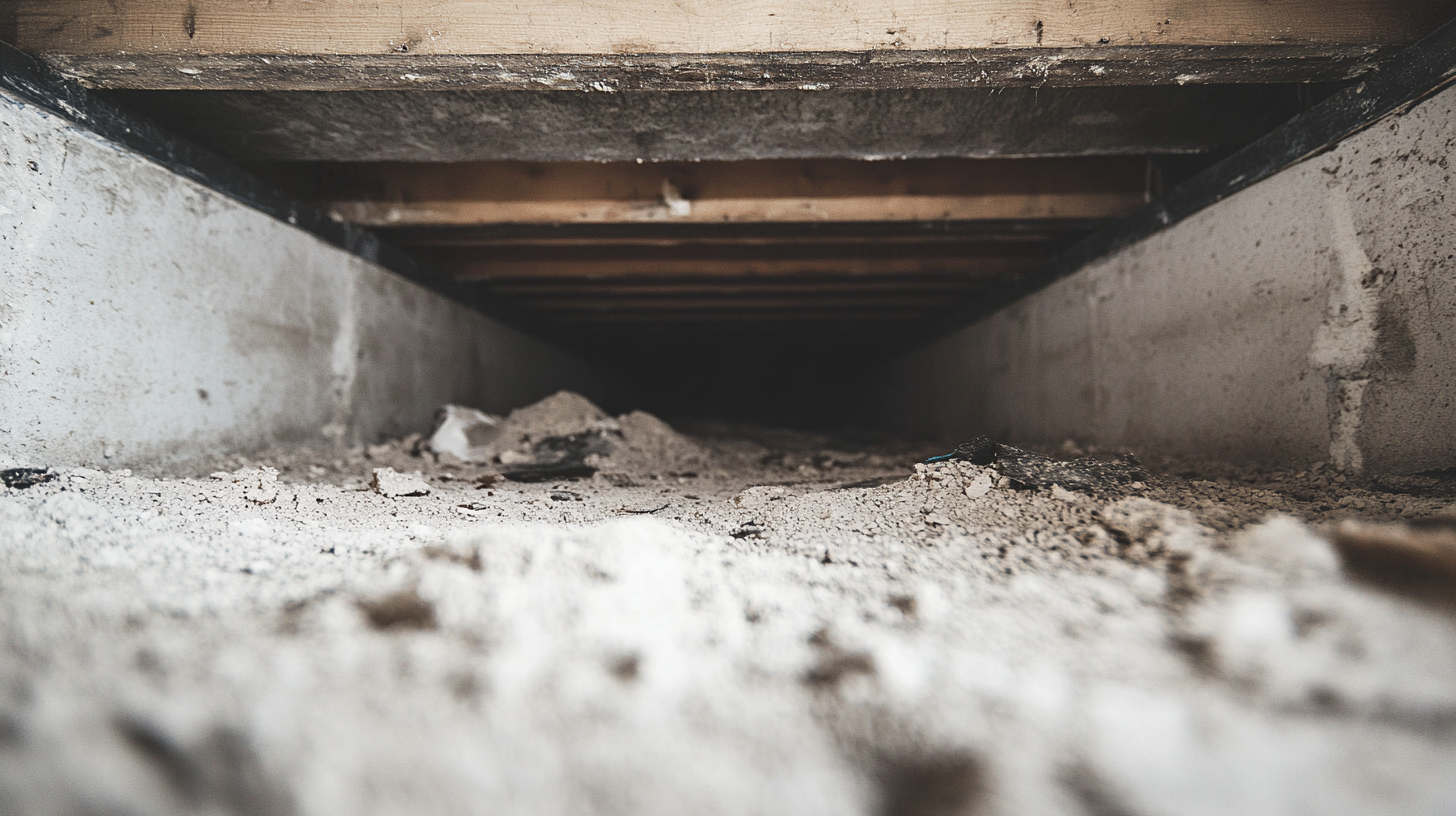Locally owned and operated.
Call Us Anytime: +1 843-304-6615
CLEANING & RESTORATION
24/7 Emergency Services:
Call us at 843-305-3383
Locally owned and operated.
Call Us Anytime: 843-305-3383
CLEANING & RESTORATION
24/7 Emergency Services:
Call us at 843-305-3383
Training and Certification Programs for Restoration Safety

In the realm of restoration projects, safety is paramount. The complexity and inherent risks associated with restoring properties whether due to natural disasters, structural failures, or other damages necessitate a well-trained and certified workforce. Training and certification in restoration safety are not merely regulatory requirements; they are critical components that ensure the wellbeing of workers, the quality of the restoration, and the overall success of the project.
Proper training equips restoration professionals with the knowledge and skills needed to handle hazardous materials, operate specialized equipment, and implement safety protocols effectively. It fosters a culture of safety awareness, enabling workers to identify potential risks before they escalate into serious incidents. Certification, on the other hand, serves as a formal recognition of an individual's proficiency and adherence to industry standards. It assures clients and stakeholders that the personnel involved are competent and capable of executing their tasks safely and efficiently.
Moreover, ongoing training and recertification keep restoration teams updated with the latest safety practices and technological advancements. This continuous improvement is essential in an industry where safety standards and restoration techniques evolve rapidly. Investing in training and certification programs not only enhances the safety of the work environment but also boosts the confidence and morale of the team, leading to higher productivity and better project outcomes.
In essence, the importance of training and certification in restoration safety cannot be overstated. They form the backbone of a safe, efficient, and professional restoration operation, safeguarding both the workers and the properties they restore.
Identifying Essential Training Programs
OSHA Training
Ensuring the safety and health of workers in restoration projects begins with comprehensive training programs. Among the most crucial of these are the Occupational Safety and Health Administration (OSHA) training courses, which provide foundational knowledge and specialized skills necessary for maintaining a safe workplace.
10-Hour and 30-Hour Courses:
These OSHA courses are designed to cover the basics of workplace safety and health. The 10-hour course provides an introduction to essential safety practices, focusing on common workplace hazards and how to mitigate them. It is ideal for entry-level workers and serves as a primer on key safety principles. The 30-hour course offers a more in-depth exploration, suitable for supervisors or workers with safety responsibilities. It delves deeper into specific hazards, regulatory requirements, and effective safety management practices, ensuring that participants are well-equipped to foster a safe working environment.
Hazardous Waste Operations and Emergency Response (HAZWOPER):
This specialized OSHA training is vital for restoration professionals dealing with hazardous materials. The HAZWOPER program provides comprehensive training on handling, storing, and disposing of hazardous substances safely. It covers a range of topics, including site characterization, hazard recognition, personal protective equipment (PPE), and emergency response protocols. By completing HAZWOPER training, restoration workers gain the skills and knowledge necessary to manage hazardous waste operations effectively and respond appropriately to emergencies involving dangerous materials.
Specialized Restoration Training
In addition to general safety training, restoration professionals require specialized training tailored to the unique challenges of restoration projects. These programs focus on specific restoration scenarios, providing targeted knowledge and techniques to ensure safety and efficacy.
Water Damage Restoration:
Water damage projects present a unique set of challenges, including structural concerns, potential mold growth, and electrical hazards. Specialized training in water damage restoration equips professionals with the techniques and safety measures needed to handle these projects effectively. This training covers the principles of water extraction, drying methods, dehumidification, and moisture measurement. Additionally, it emphasizes the importance of using appropriate PPE and adhering to safety protocols to prevent accidents and health issues related to water damage.
Mold Remediation:
Mold assessment and removal require specific expertise to ensure that remediation efforts are both safe and thorough. Specialized training in mold remediation teaches restoration workers how to identify different types of mold, assess the extent of mold contamination, and implement effective removal strategies. This training also highlights safe practices for containing mold spores, using protective gear, and preventing cross-contamination. By mastering these techniques, restoration professionals can protect themselves and building occupants from the health risks associated with mold exposure.
By identifying and completing essential training programs, restoration professionals can significantly enhance their ability to perform their duties safely and effectively.
OSHA training provides a solid foundation in workplace safety, while specialized restoration training addresses the unique challenges of water damage and mold remediation projects. Together, these programs ensure that restoration teams are well-prepared to tackle their tasks with confidence and competence, ultimately contributing to the overall safety and success of restoration projects.
Certification Programs
IICRC Certification
The Institute of Inspection, Cleaning, and Restoration Certification (IICRC) offers industry-standard certifications that are essential for professionals in the restoration field. These certifications signify a high level of expertise and commitment to best practices, providing both credibility and assurance to clients and stakeholders.
Institute of Inspection, Cleaning, and Restoration Certification: The IICRC is a globally recognized organization that sets the benchmark for professional standards in the restoration industry. Its certifications cover a wide range of restoration disciplines, ensuring that professionals are well-equipped with the necessary knowledge and skills to handle various restoration challenges.
Courses Offered:
- Water Damage Restoration: This certification focuses on the principles and techniques required to effectively manage water damage. It covers everything from water extraction and drying processes to moisture measurement and dehumidification, ensuring that certified professionals can address water damage comprehensively and safely.
- Fire and Smoke Restoration: This course trains professionals in the intricacies of restoring properties affected by fire and smoke. It includes understanding the chemical composition of smoke, cleaning techniques, deodorization processes, and safety protocols to handle the aftermath of fire incidents.
- Mold Remediation: Mold remediation certification is critical for ensuring safe and effective mold removal. This course covers mold assessment, containment, removal techniques, and preventive measures. It emphasizes the importance of using personal protective equipment (PPE) and following safety guidelines to protect both the restoration professionals and building occupants from mold exposure.
RIA Certification
The Restoration Industry Association (RIA) offers advanced certifications tailored for experienced professionals seeking to deepen their expertise and advance their careers in the restoration industry. These certifications highlight specialized knowledge and leadership skills, positioning certified individuals as experts in their field.
Restoration Industry Association: The RIA is a prestigious organization that provides advanced training and certification programs for seasoned restoration professionals. Its certifications are highly respected within the industry and signify a profound understanding of complex restoration processes and best practices.
Programs:
- Certified Restorer (CR): The CR certification is one of the most esteemed credentials in the restoration industry. It recognizes professionals who have demonstrated exceptional knowledge and experience in handling a wide range of restoration projects, including complex and large-scale restorations. The program covers advanced techniques in building science, project management, and damage assessment, preparing professionals to lead restoration projects with expertise and confidence.
- Water Loss Specialist (WLS): This certification focuses on advanced water damage restoration techniques. It is designed for professionals who have significant experience in the field and wish to specialize further. The WLS program includes in-depth training on water damage assessment, drying methods, microbial remediation, and the latest technologies in water restoration. It prepares professionals to tackle the most challenging water loss situations with proficiency.
By obtaining certifications from IICRC and RIA, restoration professionals can enhance their skills, gain recognition, and ensure they are well-prepared to meet the demands of the industry. These certifications provide a competitive edge, demonstrating a commitment to excellence and adherence to the highest standards of practice in the restoration field.
Training Providers and Resources
Accredited Institutions
Obtaining training from accredited institutions ensures that restoration professionals receive high-quality education that meets industry standards. These institutions offer comprehensive courses that cover various aspects of restoration safety, providing the foundational knowledge and practical skills necessary for effective and safe restoration work.
Community Colleges and Trade Schools: Community colleges and trade schools are valuable resources for restoration professionals seeking accredited courses in restoration safety. These institutions provide a range of programs that include classroom instruction and hands-on training. Courses may cover topics such as workplace safety, hazardous materials handling, and specific restoration techniques.
The accreditation of these institutions ensures that the curriculum meets rigorous educational standards, preparing students for the demands of the restoration industry.
Professional Organizations: Professional organizations such as the Institute of Inspection, Cleaning, and Restoration Certification (IICRC) and the Restoration Industry Association (RIA) offer specialized training and certification programs.
These organizations are recognized leaders in the industry and provide courses that are specifically designed to address the needs of restoration professionals. Their training programs often include both theoretical knowledge and practical applications, ensuring that participants are well-equipped to handle various restoration challenges. By obtaining training from these professional organizations, restoration workers can gain certifications that enhance their credibility and demonstrate their commitment to best practices.
Online Training Options
For busy professionals, online training options provide a flexible and convenient way to acquire new skills and stay updated with the latest industry practices. These options allow restoration professionals to continue their education without disrupting their work schedules.
Virtual Classes:
Virtual classes offer a flexible learning environment that can be accessed from anywhere with an internet connection. These classes are designed to accommodate the busy schedules of restoration professionals, allowing them to learn at their own pace. Virtual classes cover a wide range of topics, from basic safety protocols to advanced restoration techniques. They often include interactive elements such as live lectures, discussion forums, and virtual labs, providing a comprehensive learning experience.
Webinars and Workshops:
Webinars and workshops are excellent resources for ongoing education and skill development. These sessions are typically shorter and more focused than traditional courses, making them ideal for professionals who need to update their knowledge quickly or learn about specific topics. Webinars often feature industry experts who share insights and best practices, while workshops provide hands-on training and practical applications. Participating in webinars and workshops helps restoration professionals stay current with industry trends and technological advancements, ensuring they are prepared to handle new challenges as they arise.
By utilizing accredited institutions and online training options, restoration professionals can access a wide array of resources to enhance their skills and knowledge. These training providers offer flexible and comprehensive education opportunities that support the ongoing professional development essential for success in the restoration industry.
Benefits of Training and Certification
Enhanced Safety
The primary benefit of training and certification in the restoration industry is the significant enhancement of safety for all involved. By equipping professionals with the necessary skills and knowledge, training and certification play a crucial role in minimizing risks and ensuring a safe working environment.
Risk Reduction:
Proper training is fundamental in reducing the likelihood of accidents and injuries on restoration sites. When workers are well-trained, they are better prepared to identify and mitigate potential hazards, use equipment safely, and follow best practices. This proactive approach to safety helps prevent incidents that could lead to serious injuries or costly project delays. Training programs often include comprehensive modules on hazard recognition, safe operation of machinery, and emergency response procedures, all of which contribute to a safer workplace.
Compliance:
Adhering to industry standards and regulations is essential for any restoration project. Training and certification programs ensure that professionals are up-to-date with the latest safety regulations and best practices. This compliance not only protects workers but also helps avoid legal issues and fines associated with regulatory breaches. Certified professionals are knowledgeable about OSHA standards and other relevant safety guidelines, ensuring that all activities on the restoration site meet or exceed regulatory requirements.
Professional Development
Beyond safety, training and certification provide substantial benefits for the professional growth and career advancement of restoration workers. Continuous education and recognized credentials enhance both technical skills and career prospects.
Skill Improvement:
Continuous learning through training programs enables restoration professionals to enhance their technical skills. As the industry evolves and new technologies and methods are introduced, ongoing education ensures that workers remain proficient and capable of applying the latest techniques. Training programs cover a broad spectrum of topics, from basic restoration procedures to advanced methodologies, allowing professionals to build a robust skill set that improves their effectiveness and efficiency on the job.
Career Advancement:
Certifications are a powerful tool for career advancement in the restoration industry. Holding recognized credentials opens doors to higher-level positions and new opportunities. Employers often prefer or require certified professionals for senior roles, project management positions, and specialized tasks. Certifications demonstrate a commitment to the profession and a high level of expertise, making certified individuals more competitive in the job market. Additionally, achieving certifications can lead to increased job satisfaction and confidence, as professionals gain recognition for their skills and dedication.
In summary, the benefits of training and certification in the restoration industry are manifold. They enhance safety by reducing risks and ensuring compliance with industry standards, and they foster professional development by improving technical skills and facilitating career advancement. Investing in training and certification is a strategic move that not only protects workers and projects but also promotes long-term career success and industry leadership.
Implementing a Training Program
Assessing Training Needs
The first step in implementing an effective training program for restoration projects is to thoroughly assess the training needs of your team. This involves identifying specific skills and knowledge gaps that could impact the safety and efficiency of your restoration work.
Identify Specific Skills and Knowledge Gaps Within the Team: Begin by evaluating the current skill levels and expertise of your team members. Conduct surveys, interviews, and assessments to gather information about their competencies and areas where they feel less confident. This can include technical skills related to restoration techniques, safety procedures, and the use of specialized equipment. Understanding these gaps allows you to pinpoint precisely what training is required to enhance the overall capability of your team.
Develop a Tailored Training Plan to Address These Needs: Once you have identified the specific skills and knowledge gaps, the next step is to develop a tailored training plan. This plan should be designed to address the unique needs of your team, focusing on areas that require the most improvement. It may include a mix of classroom instruction, hands-on workshops, online courses, and practical simulations. The goal is to create a comprehensive training program that equips your team with the necessary skills and knowledge to perform their tasks safely and effectively.
Scheduling and Budgeting
Effective implementation of a training program also requires careful scheduling and budgeting. Allocating sufficient time and resources ensures that training sessions are conducted regularly and that the team stays current with industry standards and practices.
Allocate Time and Resources for Training Sessions: Scheduling training sessions requires a strategic approach to balance work demands with the need for ongoing education. Set aside dedicated time for training that does not interfere with critical project deadlines. This may involve planning training sessions during less busy periods or incorporating them into the project timeline. Additionally, ensure that you have the necessary resources, such as training materials, equipment, and access to qualified instructors. Investing in these resources is crucial for delivering high-quality training experiences.
Ensure Regular Training Intervals to Maintain Up-to-Date Knowledge: To maintain a high level of competency and adapt to new industry developments, it is essential to conduct training at regular intervals. This ongoing education helps team members stay updated with the latest safety protocols, restoration techniques, and technological advancements. Establish a schedule for recurring training sessions, such as quarterly or bi-annual workshops, to reinforce skills and introduce new information. Regular training not only improves individual performance but also fosters a culture of continuous learning and professional growth within the team.
By thoroughly assessing training needs and strategically scheduling and budgeting for training sessions, you can implement a robust training program that enhances the safety, efficiency, and overall performance of your restoration team. This proactive approach ensures that your team is well-prepared to meet the challenges of restoration projects, ultimately leading to successful and safe project outcomes.
FAQs
-
Why is certification important in restoration?
Certification ensures that professionals meet industry standards, enhancing safety and demonstrating expertise to clients and stakeholders.
-
What does OSHA training cover?
OSHA training covers workplace safety basics, hazardous materials handling, and emergency response protocols.
-
Who offers specialized restoration training?
Organizations like IICRC and RIA offer specialized training in areas like water damage, fire restoration, and mold remediation.
-
Are online training options available?
Yes, online training options include virtual classes, webinars, and workshops, offering flexible learning opportunities.
-
How often should training be updated?
Training should be updated regularly, ideally at scheduled intervals, to maintain up-to-date knowledge and skills.
Contact Fast Response Cleaning & Restoration Today!
Fast Response Cleaning & Restoration will do everything we can to ensure your experience with us is excellent.
Request A FREE Estimate
Request A FREE Estimate Form
We will get back to you as soon as possible.
Please try again later.
CHECKOUT RECENT POST



Have an Emergency? We're Here to Help!
When it comes to disaster cleanup, we are a seasoned veteran in the industry and have helped hundreds of property owners just like you.
Our disaster recovery teams are available 24-7 to quickly clean up and repair disasters of all types.

We're looking forward to providing you with our outstanding services!
COMPANY INFO
ADDRESS: 307 Cold Creek Pass, Bluffton, SC, 29910, United States
EMAIL: office@fastresponsecr.com
PHONE: 843-305-3383
OFFICE: 843-304-6615
HOURS
SUNDAY: Open 24 Hours
MONDAY: Open 24 Hours
TUESDAY: Open 24 Hours
WEDNESDAY: Open 24 Hours
THURSDAY: Open 24 Hours
FRIDAY: Open 24 Hours
SATURDAY: Open 24 Hours
Copyright © 2021 Fast Response Cleaning & Restoration
Fast Response Cleaning and Restoration FL | Sitemap | Privacy Policy